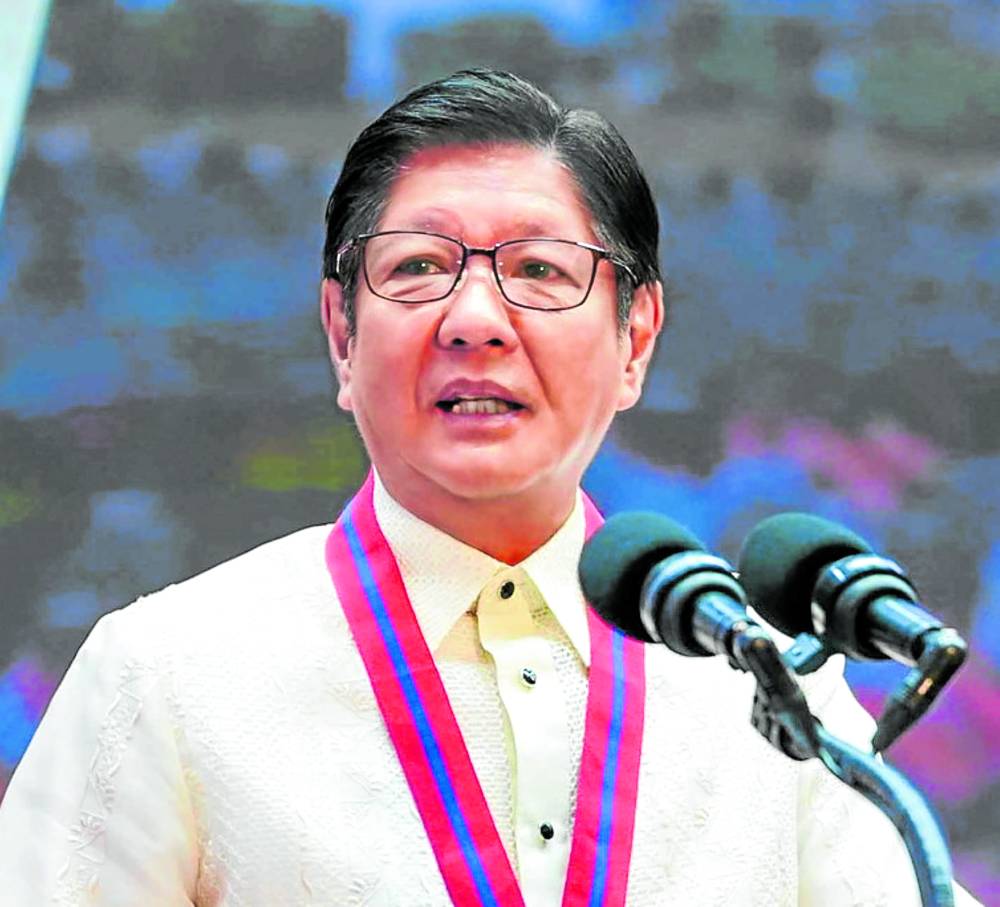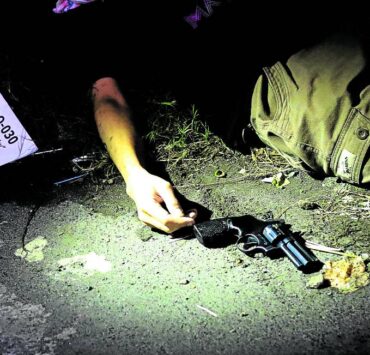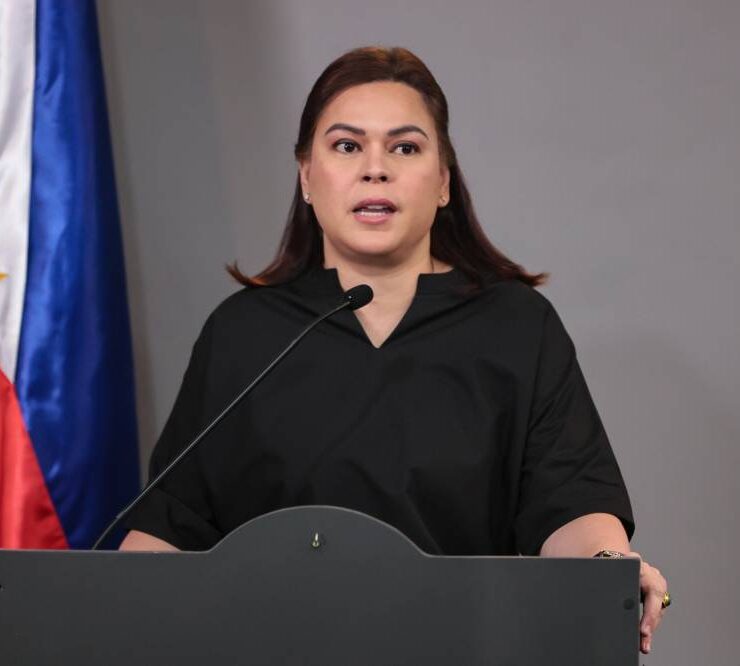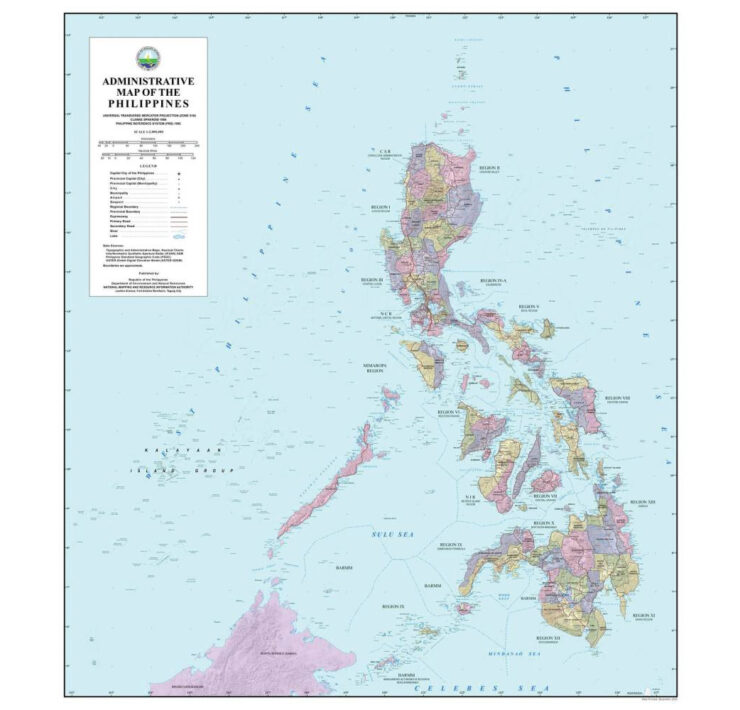Marcos, Kiko agree on farmland agenda

The National Food Authority (NFA) and local governments should buy “palay,” or unmilled rice, and other produce directly from Filipino farmers so they can get fair prices, Sen. Francis “Kiko” Pangilinan said on Sunday as President Marcos assured farmers that the government’s minimum buying price for palay continue to range from P18 to P23 per kilo.
In a post on his personal social media accounts, the President said the NFA continues to buy fresh or wet palay at P18 per kilo and dry palay at P19 to P23 per kilo, and he has ordered government agencies to maintain the subsidized price as part of his agricultural development program.
“Whatever the price of [milled] rice may be, the NFA will not reduce its purchase price for palay from farmers,” Mr. Marcos said in Filipino in his post.
“[But] at P13 per kilo of rice? The cost of production is already at P14 to P15,” Pangilinan said in a statement. “This means that for every kilo, the farmer loses. This is not right. It’s not humane. It’s not fair.”
The President did not preclude the possibility that palay was indeed being purchased at cutthroat prices and he blamed traders, who now face stiff competition from the NFA, and the general lack of rice processing facilities that prevent farmers from selling milled rice, instead of unmilled palay.

“The reason traders can skin-flint our farmers is because they have no processing, so they only have wet palay. [The farmers] are forced to immediately sell these at whatever price the trader offers,” Mr. Marcos added.
Palay can only be stored for a few days after harvest because of high moisture content that cause molds and make the rice unsellable even after milling.
“That is why we are spreading rice processing plants, hundreds of dryers so that farmers can now choose where to sell his dry palay,” the President said. “So that farmers will no longer be forced to sell his palay at whatever price a trader offers.”
Priority concern
Last week, the President visited Muñoz City in Nueva Ecija, one of the country’s central rice-producing provinces, to deploy 16 mobile soil laboratories and P63.9 million rice processing plant that can process from two to three tons of palay every hour.
“That’s the reason why were are paying more attention to our farmlands,” Mr. Marcos said. “For every process our harvests have to go through—from harvesting to marketing—the government will ensure proper operation so that there is enough food on the table for every Filipino family.”
Pangilinan, on the other hand, urged local governments to utilize the “Sagip Saka” Law, or Republic Act No. 11321, which allows them to procure directly from farmers and fisherfolk without public bidding.
“If the NFA isn’t ready yet, LGUs (local government units) should step in. There’s a law. There are ways. There are funds,” he said. “Use the Sagip Saka so they can buy rice, vegetables and other harvested crops—in price that’s justified and not incurring losses.”
Pangilinan explained that the Sagip Saka Law can be used to purchase food for school feeding programs, food packs, relief goods and other government supply needs—while ensuring that farmers earn a decent income.
Warning that more farmers may just stop planting if the government fails to act, the senator renewed his proposal for a permanent buffer fund to protect farmers against price crashes and called for stronger coordination between among local governments, NFA and the Department of Agriculture.





















